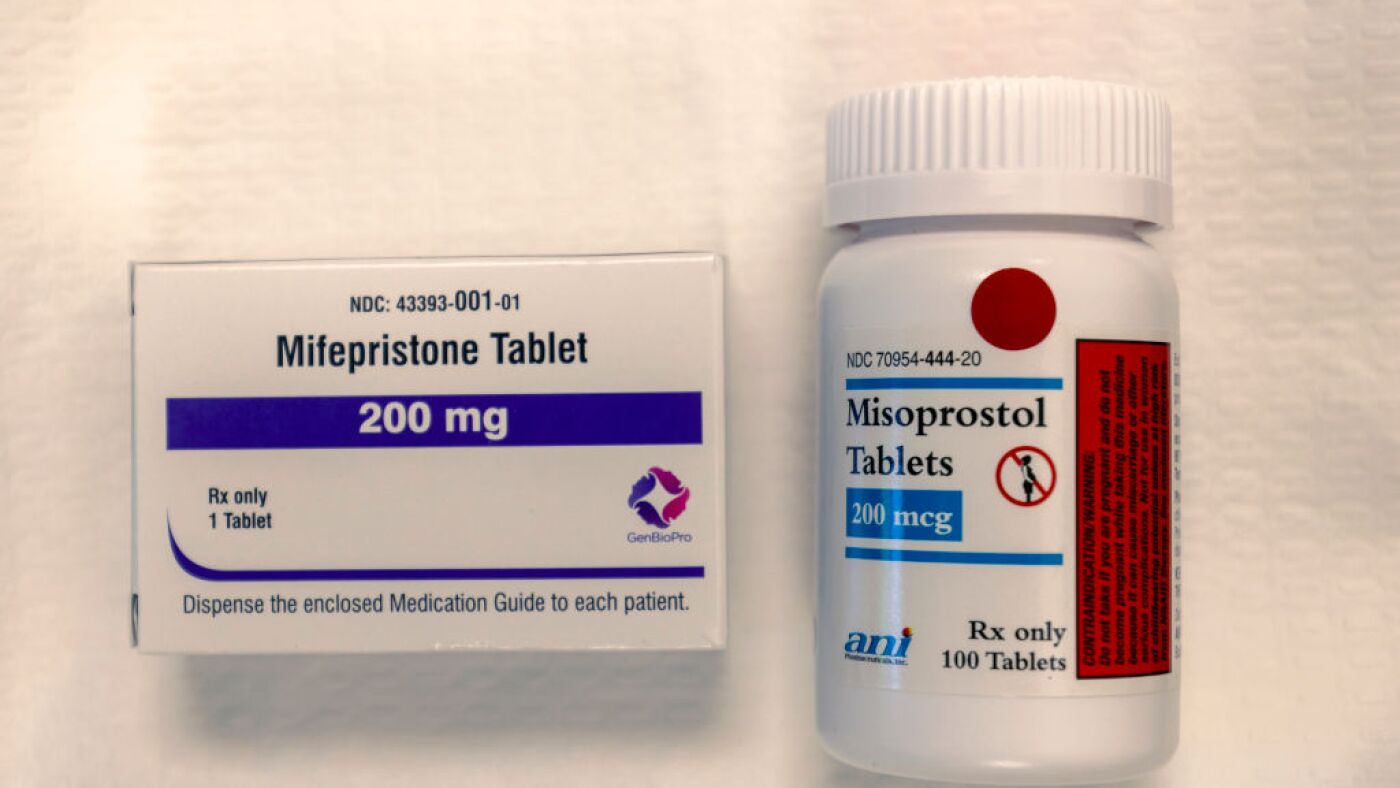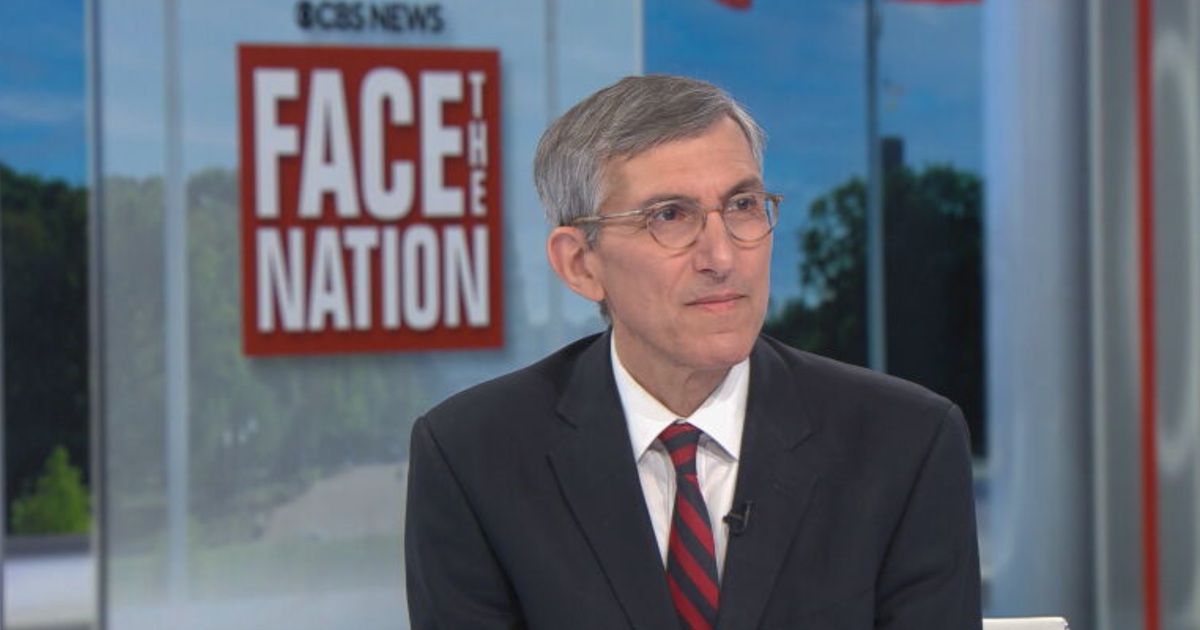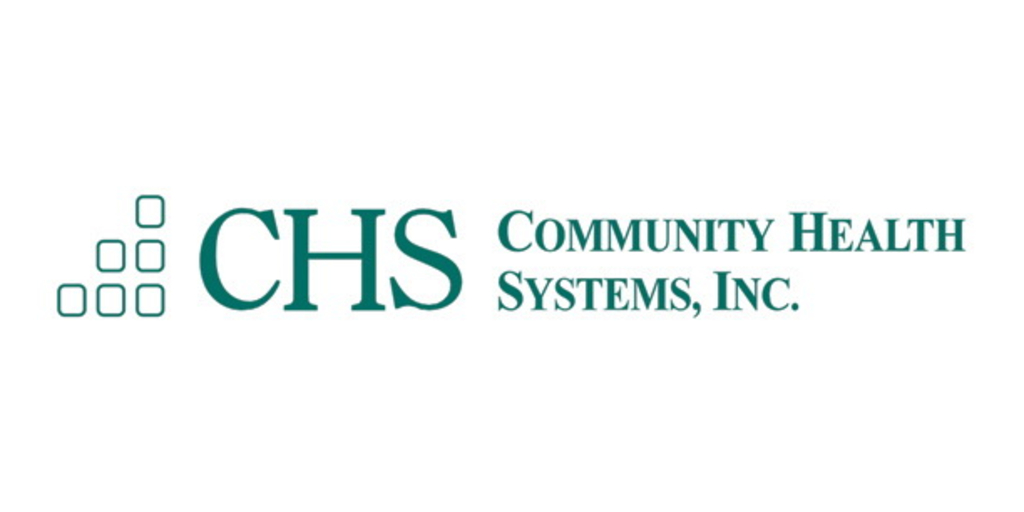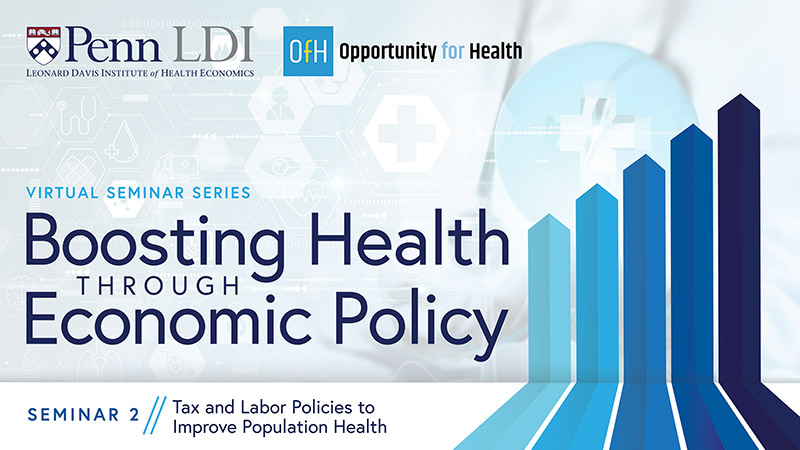Global Health Watchdog Sounds Alarm: CDC's Integrity Under Threat
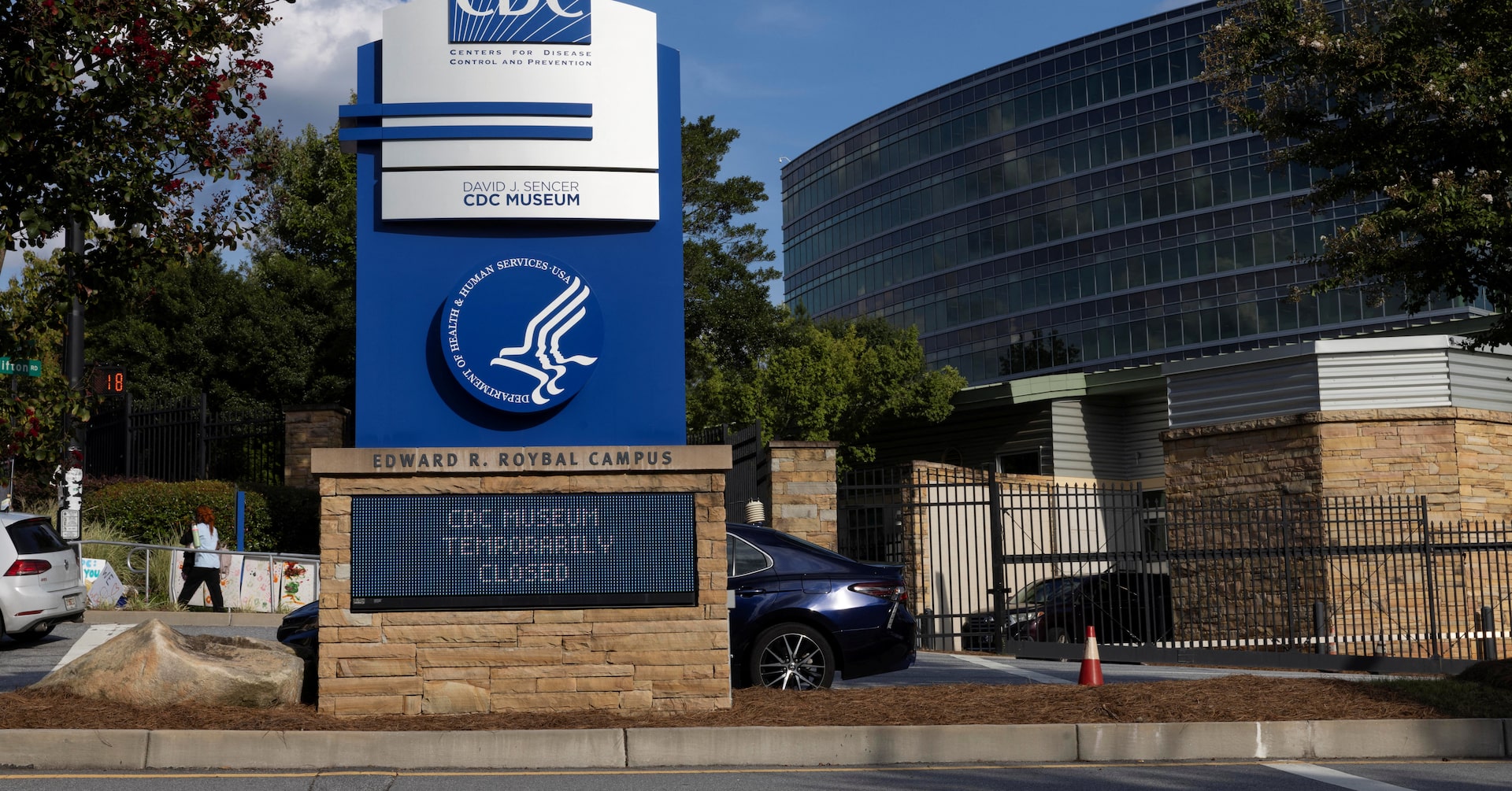
In a significant statement, the World Health Organization (WHO) has urged the preservation of the U.S. Centers for Disease Control and Prevention's (CDC) renowned public health expertise. The global health agency emphasized the critical importance of maintaining the CDC's scientific integrity and leadership in global health research and response.
The WHO's call highlights the CDC's long-standing reputation as a world-class public health institution, known for its groundbreaking research, disease prevention strategies, and rapid response to global health challenges. By advocating for the protection of the CDC's excellence, the organization underscores the vital role of robust, independent scientific institutions in safeguarding global health and addressing emerging medical threats.
This statement comes at a time when public health institutions are facing increasing scrutiny and challenges, making the WHO's support for the CDC particularly significant. The organization recognizes the CDC's crucial contributions to understanding, preventing, and managing complex health issues on both national and international levels.



